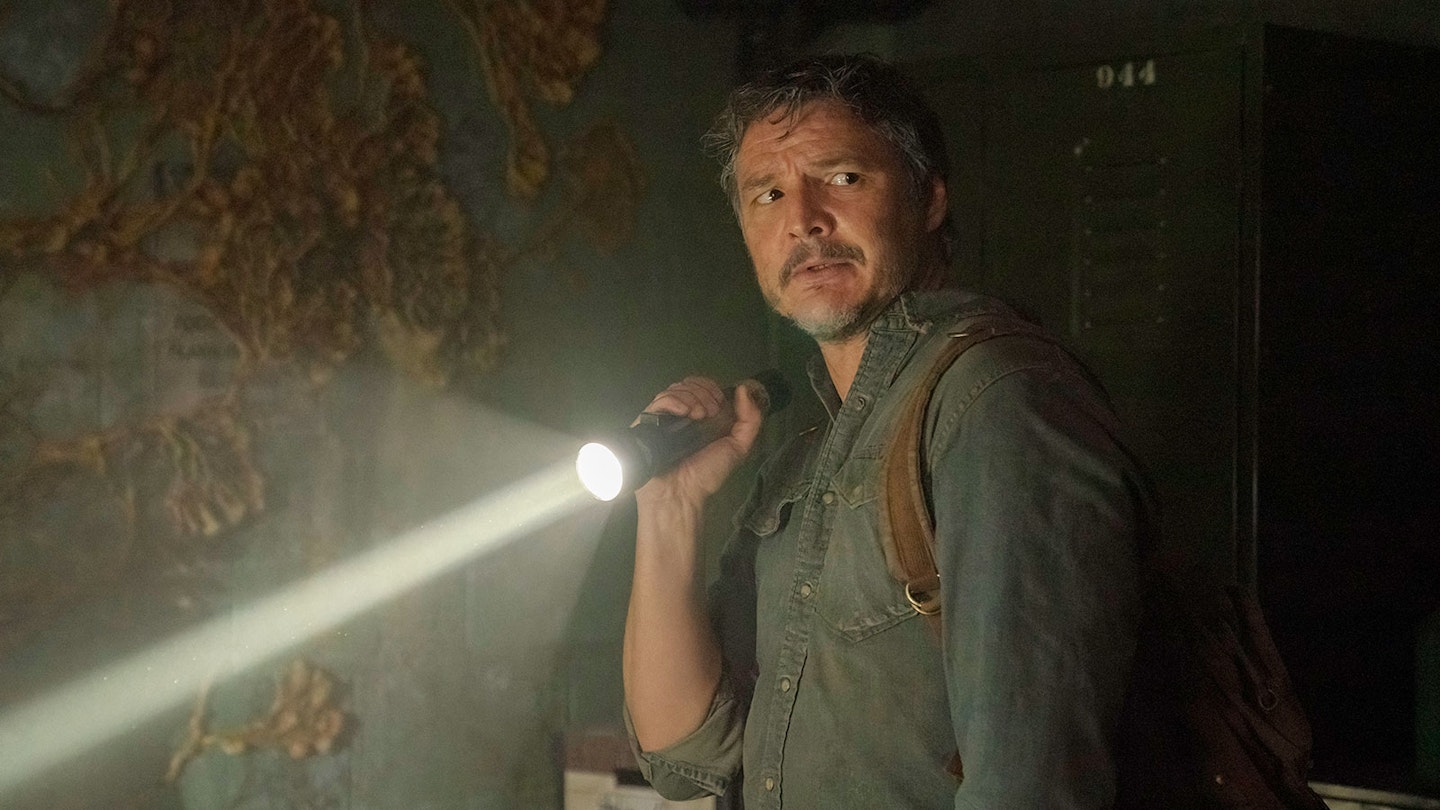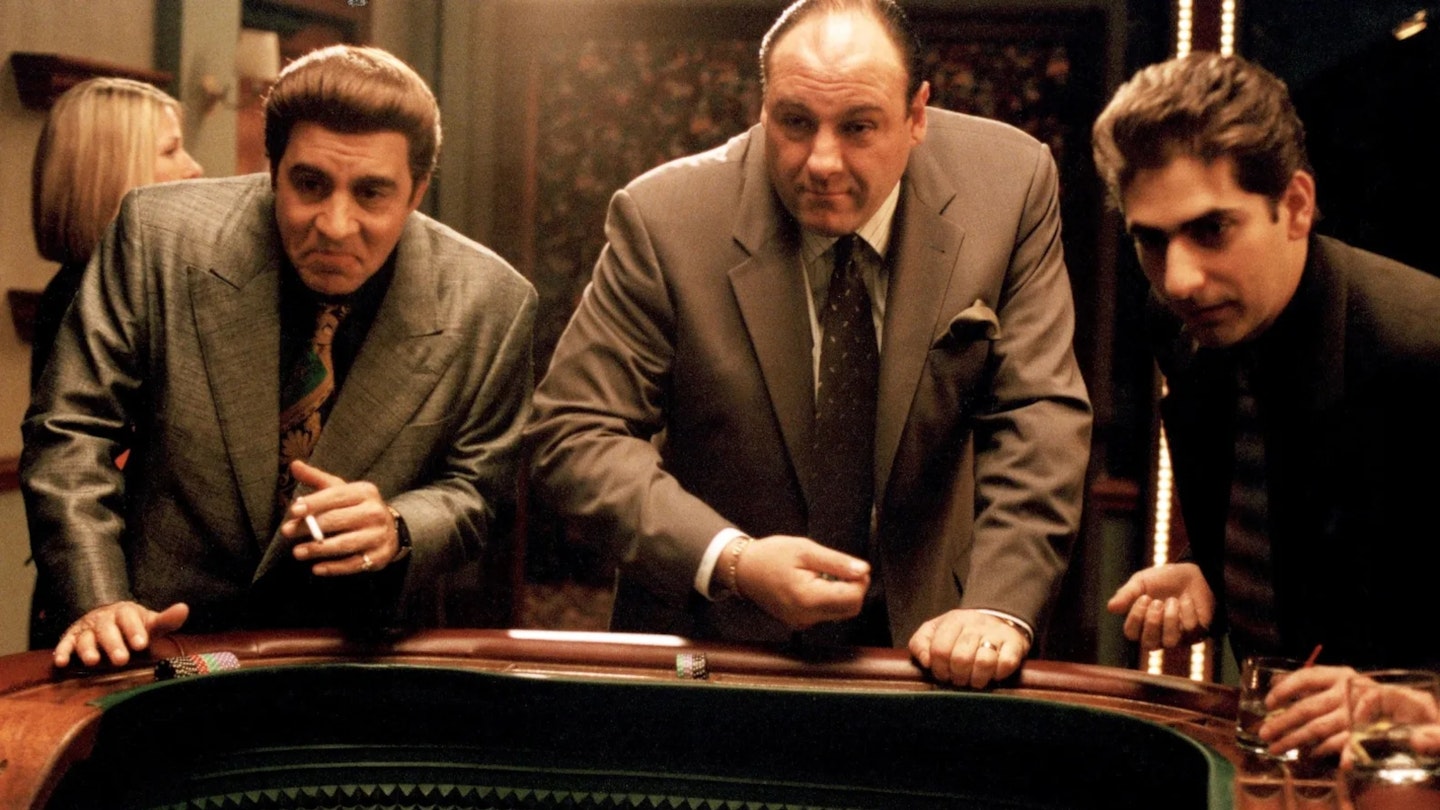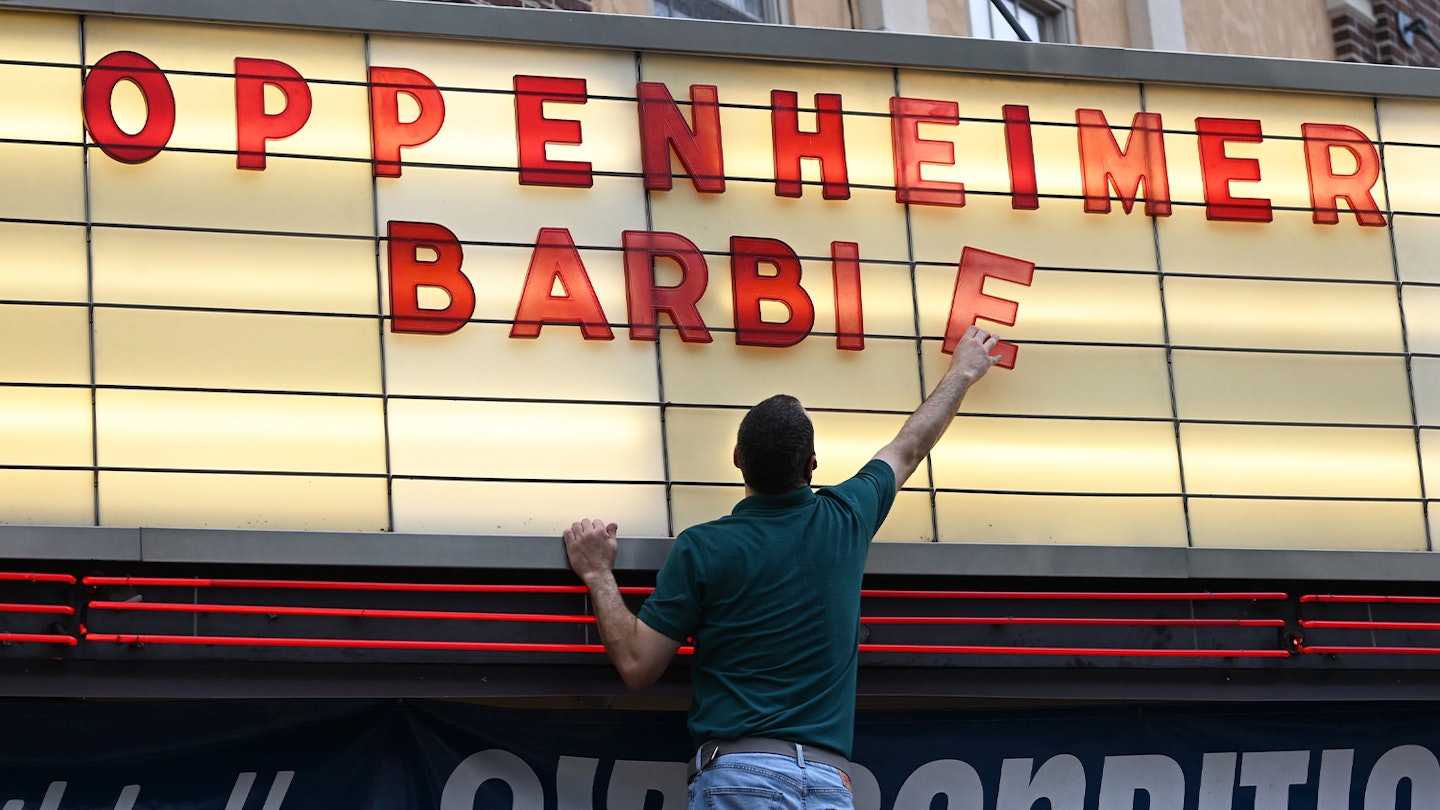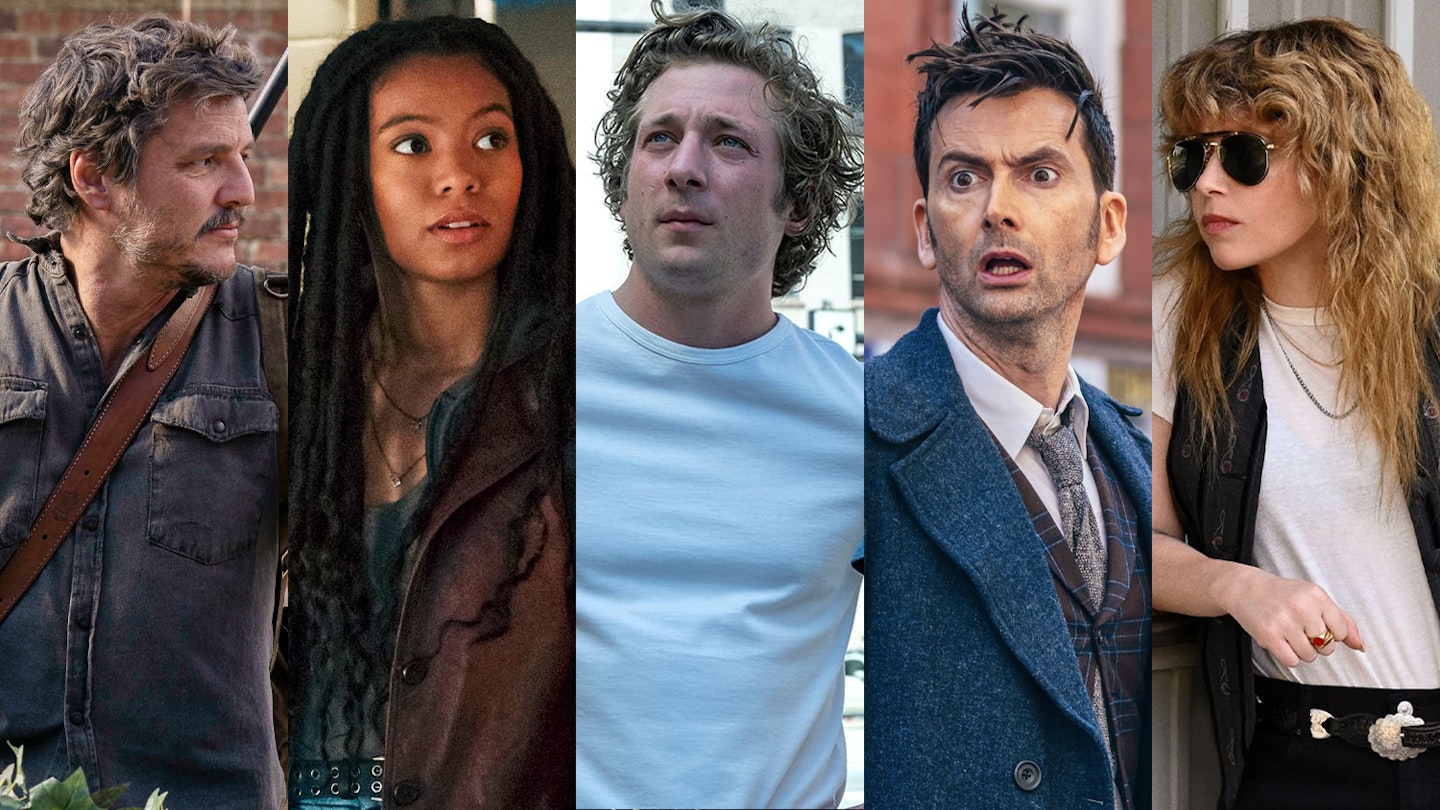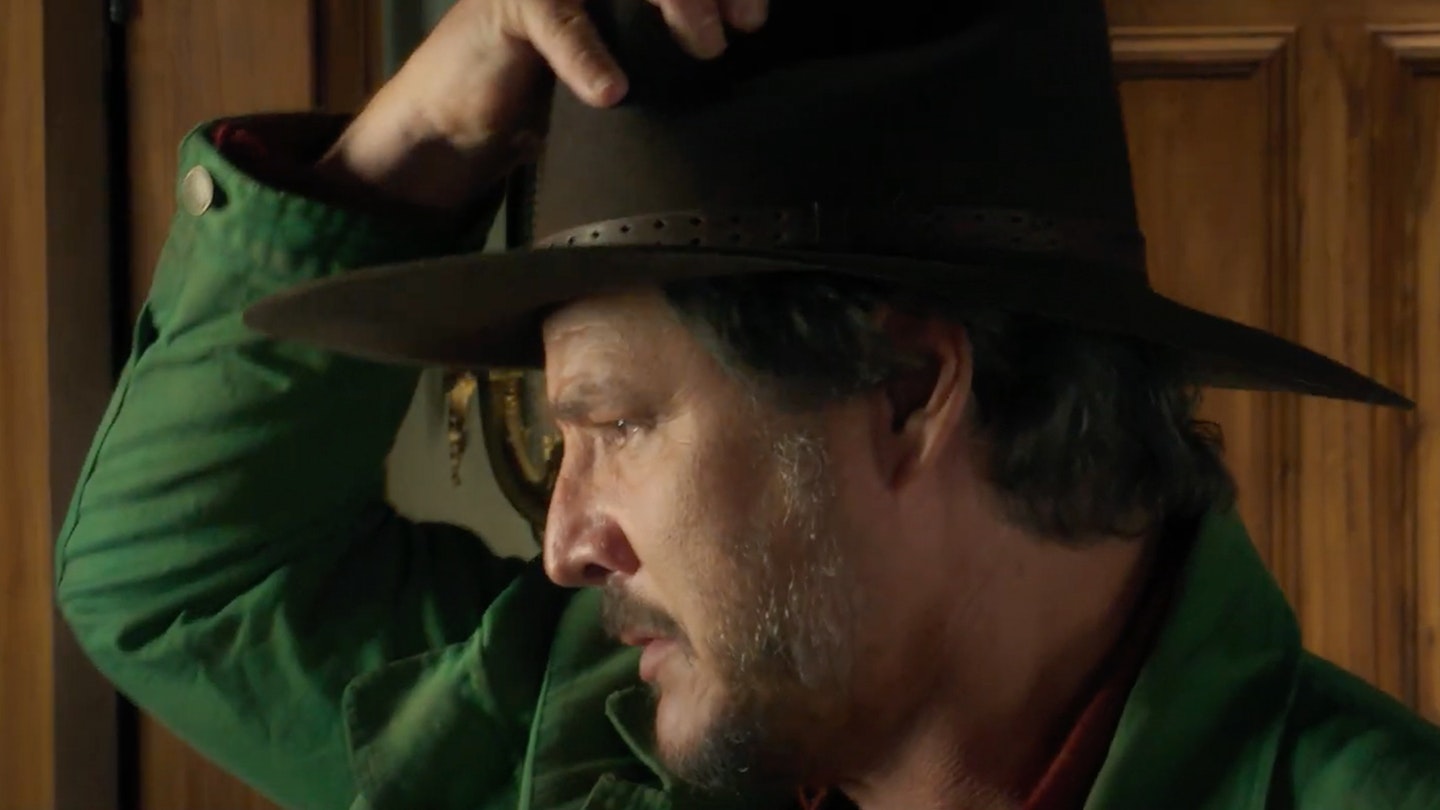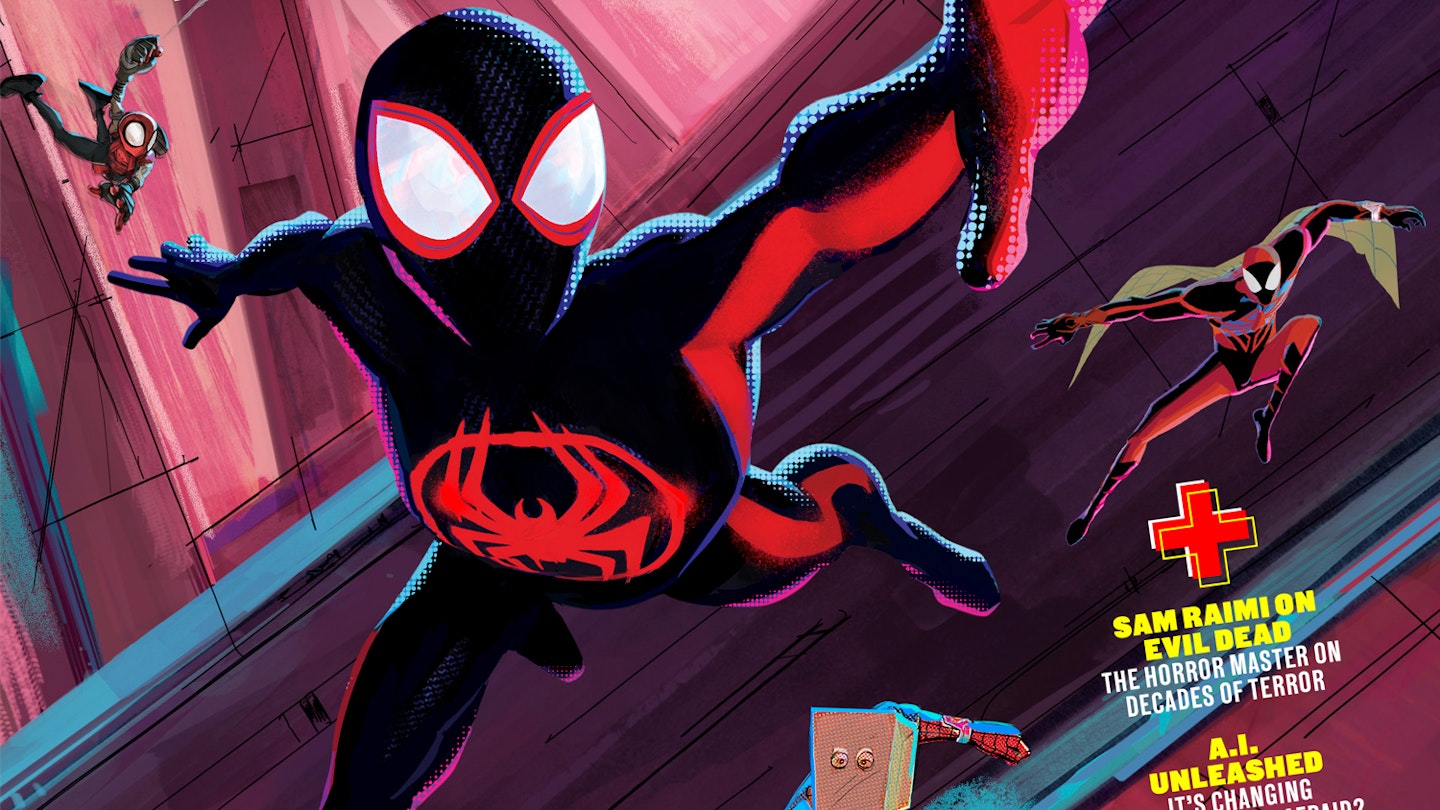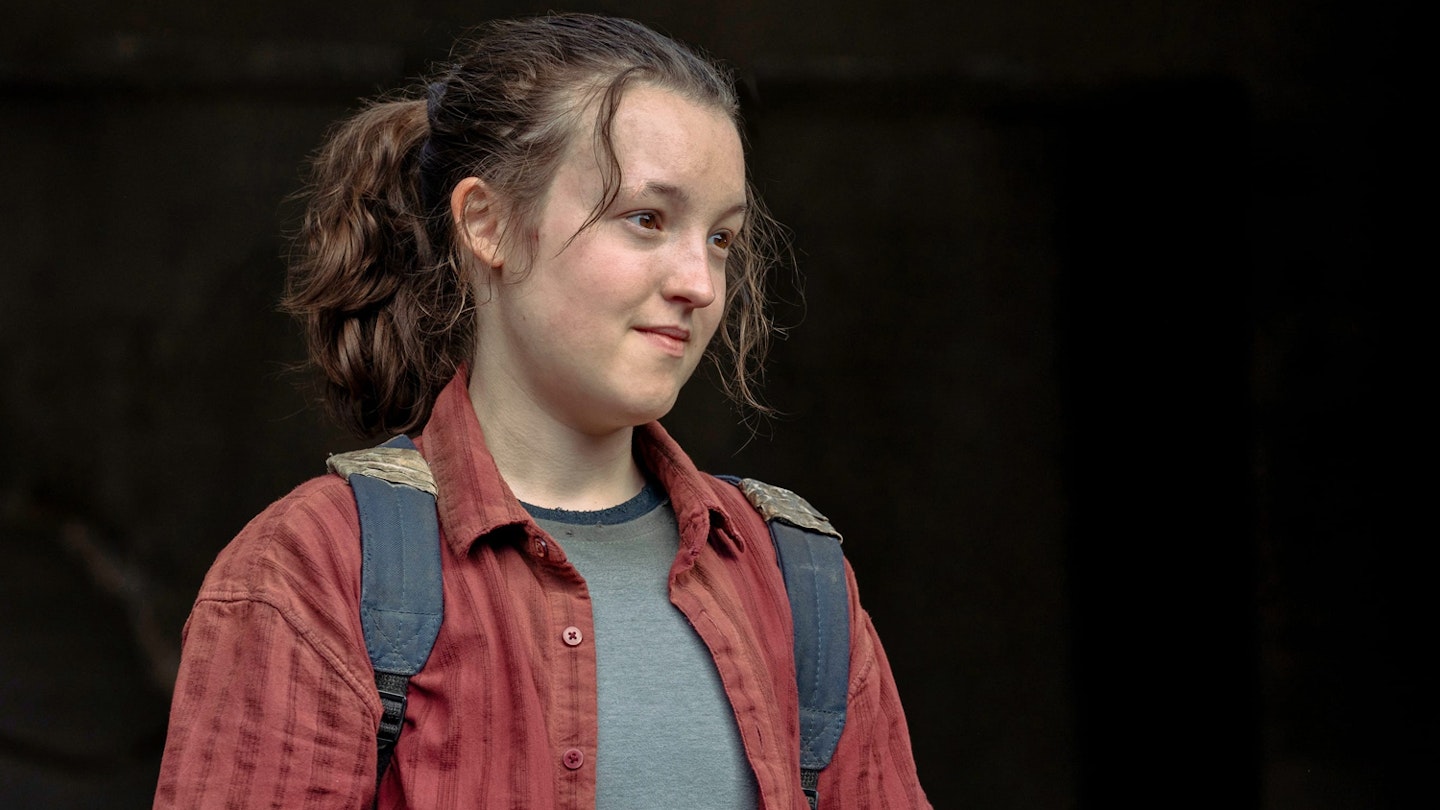Streaming on: Sky Atlantic / NOW
Episodes viewed: 9 of 9
The Last Of Us, originally released for the PlayStation in 2013, is inarguably one of the greatest video-games of all time. An original spin on the zombie-thriller template, it broke new ground with its resonant themes, intensely fluid gameplay, performance-captured cutscenes, and unusually decent writing. It was emotional, immersive, and about as cinematic an experience it was possible to have on a games console. All of which was a good reason to avoid an adaptation in the first place. Why risk ruining a perfect thing? Why sully what came before? Why, when video-games have famously had a diabolical track record in films and television, even bother?
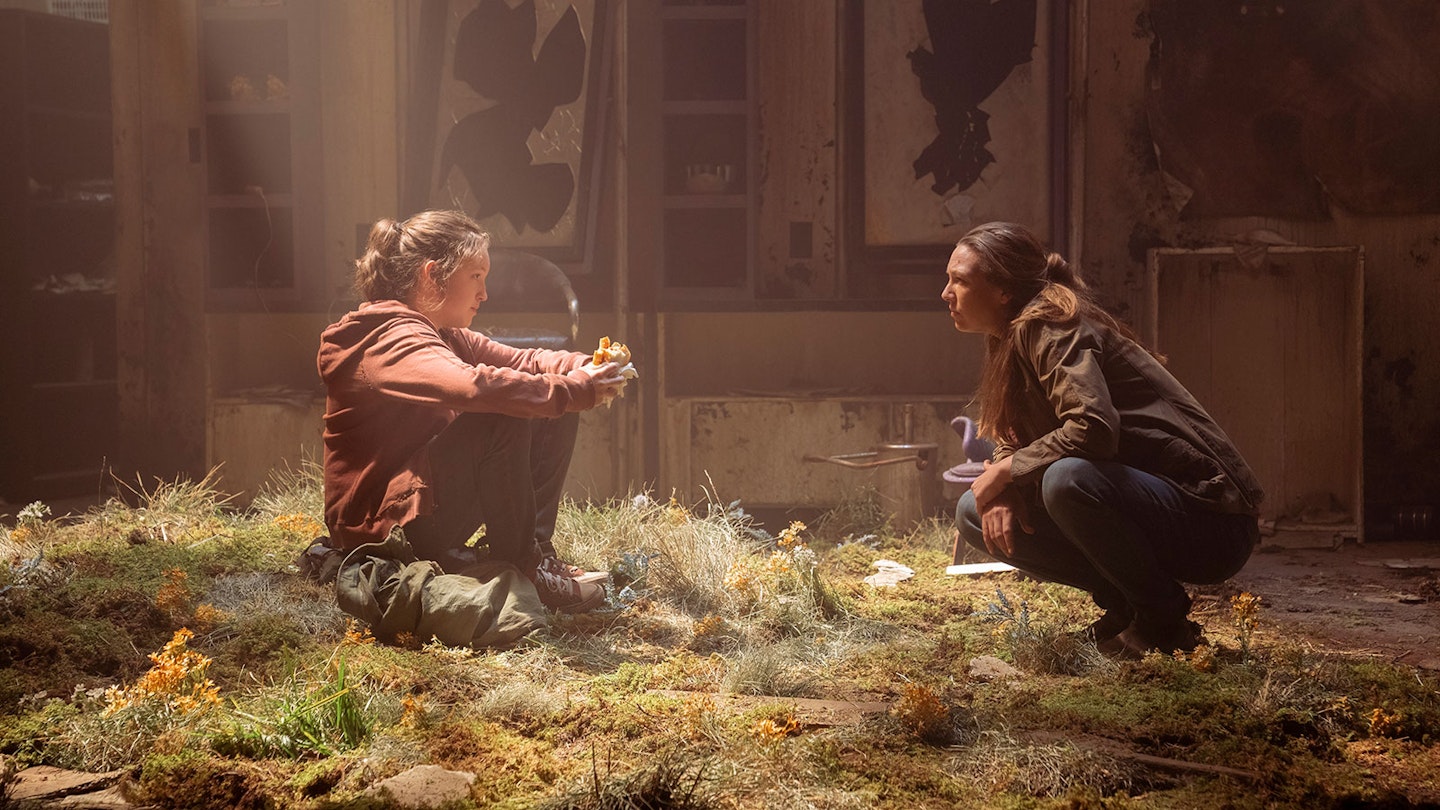
The answer comes in spectacular, emphatic fashion from co-showrunners Neil Druckmann (the game’s original creator) and Craig Mazin (the writer/producer behind the similarly apocalyptic and similarly excellent Chernobyl). The live-action The Last Of Us is a superb example of how to make an adaptation work, how to retain the elements of what worked while having the confidence to explore bold new avenues, to expand the universe, to make a thing that stands on its own two feet.
One of the game’s key strengths was its depth of character, and that’s only intensified here.
Most striking, first of all, is how faithful a transfer this has been. Clearly aware they are working from a pretty bloody strong template — and perhaps also conscious of pleasing the game’s aggressively loyal fan base — Druckmann and Mazin have hewed relatively closely to the original narrative. As before, we follow Joel (Pedro Pascal) and Ellie (Bella Ramsey) making their treacherous journey across a post-apocalyptic United States, from Boston to Wyoming, taking on zombies (known here as ‘infected’), plus the equally terrifying living, in a quest for a cure — or at least some kind of internal healing.
For anyone who has played the game, it is a sometimes surreal experience to see its most iconic moments (the collapsed skyscraper, the giraffes) handsomely rendered in live action. But — save for one moment where Joel tells Ellie that he’ll “give her a boost”, a sly nod to one of the game’s key mechanics — it never feels like you’re watching a video-game. One of the game’s key strengths was its depth of character, and that’s only intensified here.
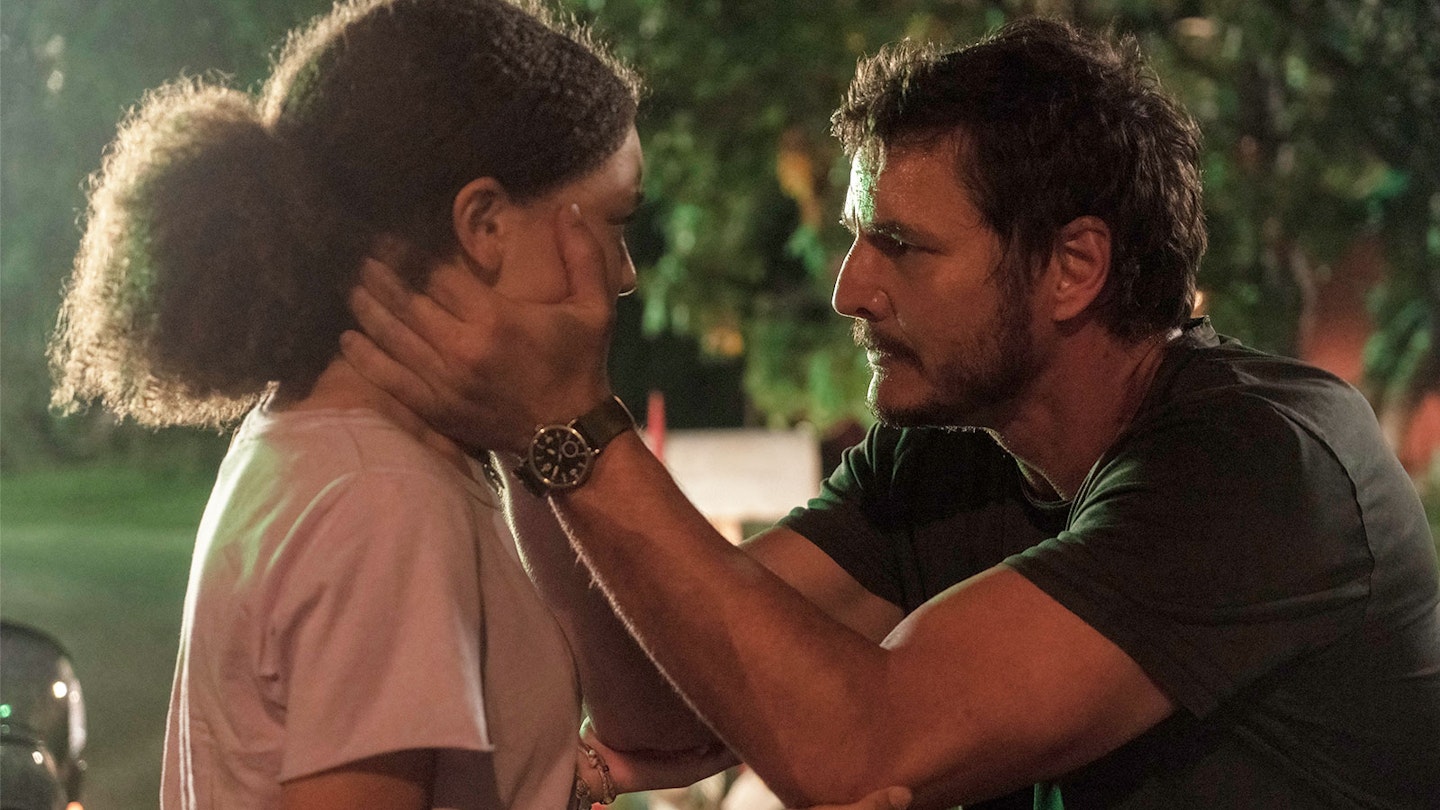
Thrillingly, the show is perhaps at its strongest when it deviates from its original blueprint. None of the major plot-points are drastically changed, but several episodes go gloriously off-piste from before. Most riveting of all is the extraordinary, near-standalone third episode, which tells the full story of Bill, a previously very minor character now played by Nick Offerman. He’s re-imagined here as a survivalist and occasional conspiracy nutter who prepared for zombies his entire life, proving it possible to eke out a good dystopia from the ruins of the world. To say more might spoil the experience; suffice to say that it is moving, surprisingly romantic, and one of the finest hours of television in recent memory.
This is what is so impressive about this adaptation: how fully realised this world is. With the benefit of a generous HBO budget, there is a staggering sense of scale to this apocalypse, from the subtle touches — one extra wears an Al Gore Presidential campaign T-shirt, a signifier that time stopped at the early 2000s outbreak — to the faultless CGI, grand cinematography, and lavish production design. (The leaf budget alone must be through the roof.) It never looks less than hauntingly beautiful.
And yet for all its vast canvas, for all its monster mayhem, the focus remains at all times on the characters. In particular, Ramsey’s Ellie convincingly balances wide-eyed innocence (having lived her entire life in a quarantine zone, she has never even sat in a car before) with intense grit and even goofiness, leavening what might otherwise be quite a bleak watch. Pedro Pascal, meanwhile, is perfectly cast: he offers great cowboy-squinting and craggy-faced toughness, but it’s always a front, masking deep trauma and the sheer terror of being a father figure. He has never been better. That the show ends as the game does — with Joel making a brutally ambiguous choice — shows an implicit understanding of these characters, their moral murkiness, their confused humanity. The Last Of Us, the game, never offered easy answers; the TV show doesn’t either. It is all the better for it.
